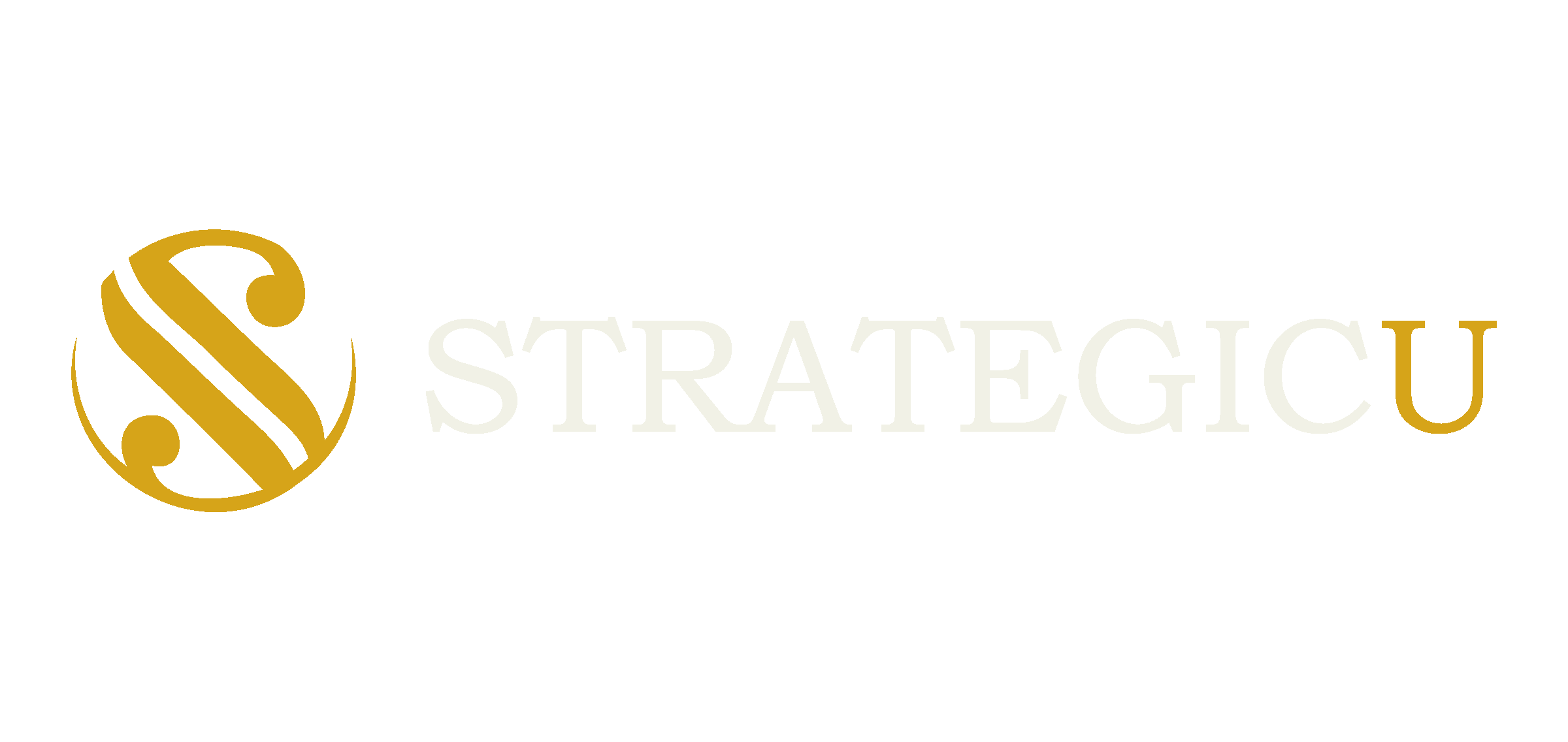Blog: Insights & Strategies for ADHD
Welcome to our blog—a dedicated space where we share insights, strategies, and stories to support families navigating the ADHD journey. Whether you're looking for practical advice, personal stories from other parents, or the latest research on ADHD, you'll find it all here.
Explore our recent posts:

The Power Of Intentional Communication
The Power Of Intentional Communication: Strengthening Couples And Families
In the hustle and bustle of daily life, finding time for meaningful communication with your partner can often fall by the wayside. Yet, the act of setting aside intentional time to connect and communicate can be transformative for couples, paving the way for stronger relationships, more cohesive parenting, and more organized family life.
Here's a look at why dedicating time to talk about the week's triumphs and trials, parenting strategies, and the week ahead can significantly benefit couples and their families.

Setting the Stage for Intentional Communication
Intentional communication involves more than casual debriefs or discussions; it's about creating a space where both partners can openly share their experiences, expectations, and concerns. This can be a weekly ritual where you reflect on the past week, discuss what worked and what didn't, and plan for the week ahead. The goal is to understand each other better, align your goals, and support each other through life's ups and downs.
My husband and I like to take Saturday mornings to have coffee time together before the kids wake up. This is our time to debreif from the week as well as discuss these topics with one another. Since starting this our communication with one another has vastly improved and brought about a stronger since of connection with one another. We know we have each others backs, in every situation that may arise.
Reflecting on the Past Week
Taking time to reflect on the past week allows both partners to celebrate successes, learn from challenges, and appreciate each other's efforts. Discussing what worked and what didn’t help’s you both in identifying patterns and adjusting behaviors or strategies moving forward. This practice not only fosters growth but also reinforces the partnership's teamwork aspect.
Incorporating your or your child's ADHD into this reflective process is essential. What moments stood out where symptoms posed a challenge? How was did they overcome or manage these situations, and what strengths were evident in their approach? This conversation isn't about focusing on difficulties; it’s about understanding the behavior through a compassionate lens and strategizing together on how to support in these moments. Intentionally planning for moments to encourage their natural talents and redirecting their energy can transform perceived ADHD obstacles into opportunities for growth. These discussions can guide you in supporting using ADHD traits like hyperfocus and creativity to an advantage.
Enhancing Communication
Openly discussing how you can communicate better offers an opportunity to address any misunderstandings or frustrations that may have arisen. It's a time to explore new ways to express needs and desires effectively. Whether it's finding clearer ways to communicate schedules, emotions, or needs, this conversation strengthens the couple's ability to connect and understand each other.
In the heat of a stressful moment, it can be challenging to maintain clarity and patience. Yet, these are the times when open dialogue is most crucial. Being able to pause, recognize the influence of ADHD-related stress, and respond with empathy can prevent escalation and foster a supportive environment.
In these instances, acknowledging the stressor openly and without judgment allows both partners to step back and view the situation more objectively. This isn’t just about managing the immediate stress; it's about learning from it to build resilience as a couple. By tackling these moments together, you can find strategies that mitigate the impact of ADHD on your relationship.
Imagine the morning rush; your child has misplaced their homework yet again, or your partner has overlooked an important household task. Frustration bubbles up, and the moment is ripe for conflict. But instead of letting the pressure cooker blow, you choose a different path. You take a breath and offer a supportive comment or a helping hand. Later, when the dust has settled, you discuss how these moments can become less frequent and less fraught. It's not about assigning blame—it's about understanding that ADHD can make the thread of thought more prone to tangling.
This understanding extends to creating a language of support that’s unique to your relationship or family. Developing signals or phrases that mean, "I need a moment" or "Let’s slow down" can be invaluable. It's like having a secret handshake that says, "I see you, I’m with you, and we’re in this together. " These tools aren’t just handy in the moment; they’re building blocks for a foundation of mutual support.
These shared strategies are crucial, whether it’s agreeing on a visual daily schedule to assist your child or setting up a designated quiet space where your partner can retreat when they need to recharge. When you communicate intentionally about the stress that ADHD can bring into your lives, you’re not just patching up issues as they arise —you're constructing a resilient framework that turns challenges into a strengthened bond.
The reality is that ADHD, whether in adults or children, can strain communication. But when approached with empathy, patience, and a commitment to understand each other’s experiences, these very challenges become opportunities to deepen your connection. You learn to celebrate the vibrancy and creativity that ADHD adds to your lives while also equipping yourselves with the tools to smooth the rough edges.
Acknowledge the Moment
When ADHD-induced stress arises, pause and approach the situation with understanding instead of frustration. This prevents conflict escalation and creates a supportive atmosphere.
Strategize Together
After acknowledging these moments, work together to find practical solutions. For instance, establish routines that accommodate ADHD tendencies like forgetfulness. Use tools like planners or apps to keep track of tasks and reduce stress.
Create a Supportive Language
Develop simple signals or phrases that convey the need for a break or assistance. This shared language is a lifeline during chaotic moments, fostering connection and mutual support.
Build Resilient Systems
Whether it’s a visual schedule to help a child with ADHD or a quiet space for an adult partner to focus, create strategies that address the unique needs brought on by ADHD. This proactive approach turns potential stress points into opportunities for growth and harmony.
By consistently applying these strategies, couples and families can navigate with greater ease, turning challenges into opportunities to strengthen their relationships. Remember, the goal is understanding and support, not perfection.
Unified Parenting Strategies
For couples with children, aligning on parenting strategies is crucial. Intentional communication sessions can serve as a platform to discuss parenting wins and challenges, ensuring both partners are on the same page. This unity in parenting approaches not only benefits the children, who receive consistent guidance and support, but also strengthens the couple's bond as they navigate the complexities of parenting together.
When couples with children, including those with ADHD, dedicate time to intentional communication about parenting, they can cultivate a harmonious and effective family dynamic. Here are some strategies to enhance these discussions
Regular Check-Ins
Establish a regular schedule for check-ins dedicated solely to discussing parenting. Use this time to celebrate your child’s achievements, reflect on challenges, and strategize on how to support their growth.
Define Common Goals
Start by agreeing on common goals for your child’s development. What are the key qualities you wish to nurture? How can your child’s ADHD be seen through a lens of strength? Defining these goals helps ensure you're both working towards the same outcomes.
Consistent Routines
Establish and maintain consistent daily routines that accommodate your child's needs. Routines can provide structure and predictability, which can be especially comforting for a child with ADHD.
Positive Reinforcement
Agree on methods of positive reinforcement that motivate your child. This could include verbal praise, a reward system, or quality time spent doing activities your child enjoys.
Behavior Management
Discuss and align on discipline strategies, ensuring they are fair, consistent, and constructive. Consider approaches that focus on teaching rather than punishing, such as natural consequences or problem-solving discussions.
Educational Approaches
Share and decide on educational strategies that work best for your child with ADHD. This might involve advocating for accommodations at school or integrating learning methods that align with your child’s attentional strengths.
Self-Care for Parents
Don’t forget our discussion above on how you, as parents, will manage your own stress and maintain your well-being. Parenting a child with ADHD can be demanding, and taking care of your own health is essential for being able to provide the best support for your child.
By addressing these key areas in your intentional communication sessions, you can ensure that both partners feel confident and united in their parenting approaches. This alignment not only fosters a supportive environment for your child but also deepens the partnership between you as you navigate the parenting journey side by side.
Laying the Groundwork for Family Meetings
In my blog Understanding ADHD in the Family Dynamic, I discuss the importance of fostering open communication and mindfulness in the stage of family meetings. These help families to be aligned and communicate effectively, they set a strong foundation for broader family communication.
Being able to set aside time as partners before your family meetings allows for you both to be in alignment, allowing a transition into intentional family meetings more seamless, where you can lead with a united front, fostering a sense of security and stability within the family. Intentional family meeting times become an extension of the couple’s communication practice, enhancing the family’s overall dynamic and open communication.
Cultivating Connection and Harmony
In embracing intentional communication, couples establish a robust foundation for navigating the intricacies of ADHD, whether it’s in one partner or a child. Making an effort to have this a weekly moment for just the two of you, not only solidifies the relationship but also equips both partners with the tools to manage everything that can come up in your family dynamic effectively. It creates a living blueprint for mutual respect, deep understanding, and unwavering support, demonstrating to each other and children the value of patience and empathy.
By investing in these heartfelt exchanges, couples foster an environment where every individual, with or without ADHD, is valued and understood, enhancing the family's ability to face life's challenges together. The rewards of this investment are immeasurable—a united, empowered, and loving family that thrives on the principles of open communication and collective resilience.
Join our StrategicU Network to speak live in person with our very own Keena White LCP as she shares all about the importance of relationships and communication.
Blog: Insights & Strategies for ADHD
Welcome to our blog—a dedicated space where we share insights, strategies, and stories to support families navigating the ADHD journey. Whether you're looking for practical advice, personal stories from other parents, or the latest research on ADHD, you'll find it all here.
Explore our recent posts:

Lorem ipsum dolor sit amet, consectetur adipisicing elit. Autem dolore, alias, numquam enim ab voluptate id quam harum ducimus cupiditate similique quisquam et deserunt, recusandae.

Lorem ipsum dolor sit amet, consectetur adipisicing elit. Autem dolore, alias, numquam enim ab voluptate id quam harum ducimus cupiditate similique quisquam et deserunt, recusandae.


